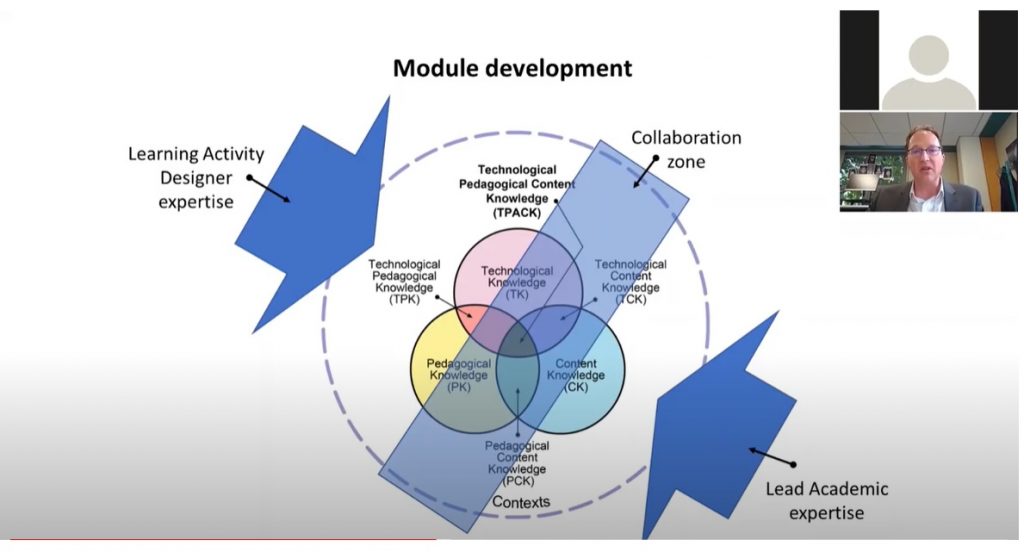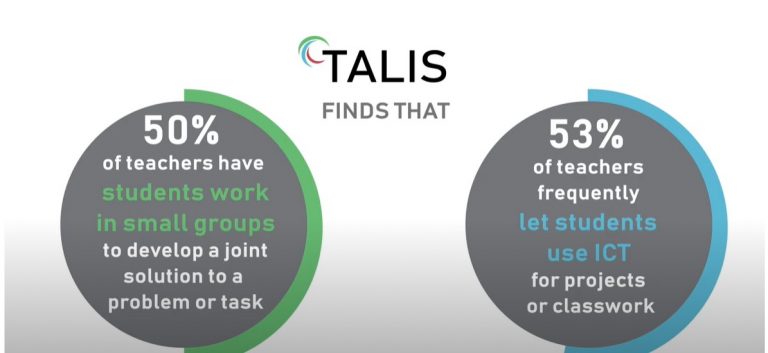2019
Luo L., Xie H., Rao Y., Wang F.L. (2019). Personalized recommendation by matrix co-factorization with tags and time information. Expert Systems with Applications, 2019, v. 119, p. 311-321.
DOI:https://doi.org/10.1016/j.eswa.2018.11.003
H., Zou D., Zhang R., Wang M., Kwan R. (2019). Personalized word learning for university students: a profile-based method for e-learning systems. Journal of Computing in Higher Education , 2019, v.31 n.2, p. 273-289. DOI:https://doi.org/10.1007/s12528-019-09215-0
Lee C., Yeung A.S., Cheung K.W. (2019). Learner perceptions versus technology usage: A study of adolescent English learners in Hong Kong secondary schools. Computers and Education, 2019, v.133, p.13-26. DOI:https://doi.org/10.1016/j.compedu.2019.01.005
Li K.C., Lee L.Y.-K., Wong S.-L., Yau I.S.-Y., Wong B.T.-M. (2019). The effects of mobile learning for nursing students: An integrative evaluation of learning process, learning motivation, and study performance. International Journal of Mobile Learning and Organisation, 2019, v.13 n.1, p. 51-67. DOI:https://doi.org/10.1504/IJMLO.2019.096471
Li K.C., Wong B.T.-M. (2019).How learning has been personalised: A review of literature from 2009 to 2018. Lecture Notes in Computer Science (including subseries Lecture Notes in Artificial Intelligence and Lecture Notes in Bioinformatics), v. 11546 LNCS, 2019, p. 72-81. DOI:https://doi.org/10.1007/978-3-030-21562-0_6
Lee L.-K., Cheung T.-K., Ho L.-T., Yiu W.-H., Wu N.-I. (2019). Learning computational thinking through gamification and collaborative learning. Lecture Notes in Computer Science (including subseries Lecture Notes in Artificial Intelligence and Lecture Notes in Bioinformatics), 2019, v.11546 LNCS, p.339-349. DOI:https://doi.org/10.1007/978-3-030-21562-0_28
Li K.C., Lee L.Y.-K., Wong S.-L., Yau I.S.-Y., Wong B.T.-M. (2019). Evaluation of mobile learning for the clinical practicum in nursing education: application of the FRAME model. Journal of Computing in Higher Education, 2019, v.31 n.2, p. 290-310. DOI:https://doi.org/10.1007/s12528-019-09213-2
Lee L.-K., Chau C.-H., Chau C.-H., Ng C.-T., Hu J.-H., Wong C.-Y., Yu L.-C., Wu N.-I. (2019). Improving the experience of teaching and learning kindergarten-level English vocabulary using augmented reality. International Journal of Innovation and Learning, 2019, v.25 n.2, p.110-125. DOI:https://doi.org/10.1504/IJIL.2019.097661
Zhong J., Xie H., Wang F.L. (2019). The research trends in recommender systems for e-learning: A systematic review of SSCI journal articles from 2014 to 2018. Asian Association of Open Universities Journal, 2019, v.14 n.1, p.12-27. DOI:https://doi.org/10.1108/AAOUJ-03-2019-0015
Li K.-C., Wong B.T.-M. (2019). The professional development needs for the use of educational technology: A survey of the Hong Kong academic community. Interactive Technology and Smart Education,2019, v.16 n.2, p.159-171. DOI:https://doi.org/10.1108/ITSE-10-2018-0089
Lee L.-K., Chau C.-P., Tsoi K.-N., Yang N.L., Wu N.-I. (2019). A mobile game for learning English vocabulary with augmented reality block builder. Communications in Computer and Information Science, 2019, v.1048, p.116-128. DOI:https://doi.org/10.1007/978-981-13-9895-7_11
H., Wang M., Zou D., Wang F.L. (2019). A personalized task recommendation system for vocabulary learning based on readability and diversity. Lecture Notes in Computer Science (including subseries Lecture Notes in Artificial Intelligence and Lecture Notes in Bioinformatics), 2019, v. 11546 LNCS, p.82-92. DOI:https://doi.org/10.1007/978-3-030-21562-0_7
Leung K.-H., Hung K., Ko C.-P., Lo S.-F. (2019). Design and Development of an Augmented Reality Mobile Application for Medical Training. ICETAS 2019 – 2019 6th IEEE International Conference on Engineering, Technologies and Applied Sciences, 2019. DOI:https://doi.org/10.1109/ICETAS48360.2019.9117464
Qiu X. (2019). Picture or non-picture? The influence of narrative task types on lower- A nd higher-proficiency EFL learners’ oral production. IRAL – International Review of Applied Linguistics in Language Teaching, 2019. DOI:https://doi.org/10.1515/iral-2017-0094
Lui A.K.-F., Poon M.H.M., Wong R.M.H. (2019). Automated generators of examples and problems for studying computer algorithms: A study on students' decisions. Interactive Technology and Smart Education, 2019, v.16 n.3, p.204-218. DOI: https://doi.org/10.1108/ITSE-10-2018-0091
Wang F.L., Zhang R., Zou D., Au O., Xie H. (2019). On Hong Kong primary school english teachers’ acceptance of technology-enhanced language learning and teaching. 2019 International Symposium on Educational Technology. p.233-235. DOI:https://doi.org/10.1109/ISET.2019.00055
Au O.T.S. (2019). Student’s choice of learning medium does not affect performance but study regularity does. 2019 International Symposium on Educational Technology. p.258-261. DOI:https://doi.org/10.1109/ISET.2019.00061
Choi S.P.M., Lam S.S. (2019). iChecker: An efficient plagiarism detection tool for learning management systems. Scholarly Ethics and Publishing: Breakthroughs in Research and Practice, 2019, p.232-247. DOI:https://doi.org/10.4018/978-1-5225-8057-7.ch011
Tang F. (2019). Content Analysis Methodology: A Review on the Readiness on Science and Engineering Curriculum in Higher Education Institution in Supporting Undergraduates to Enter the Testing and Certification Industry. 2017 2nd International Symposium on Product Compliance Engineering. DOI:https://doi.org/10.1109/ISPCE-TW.2017.8626853















